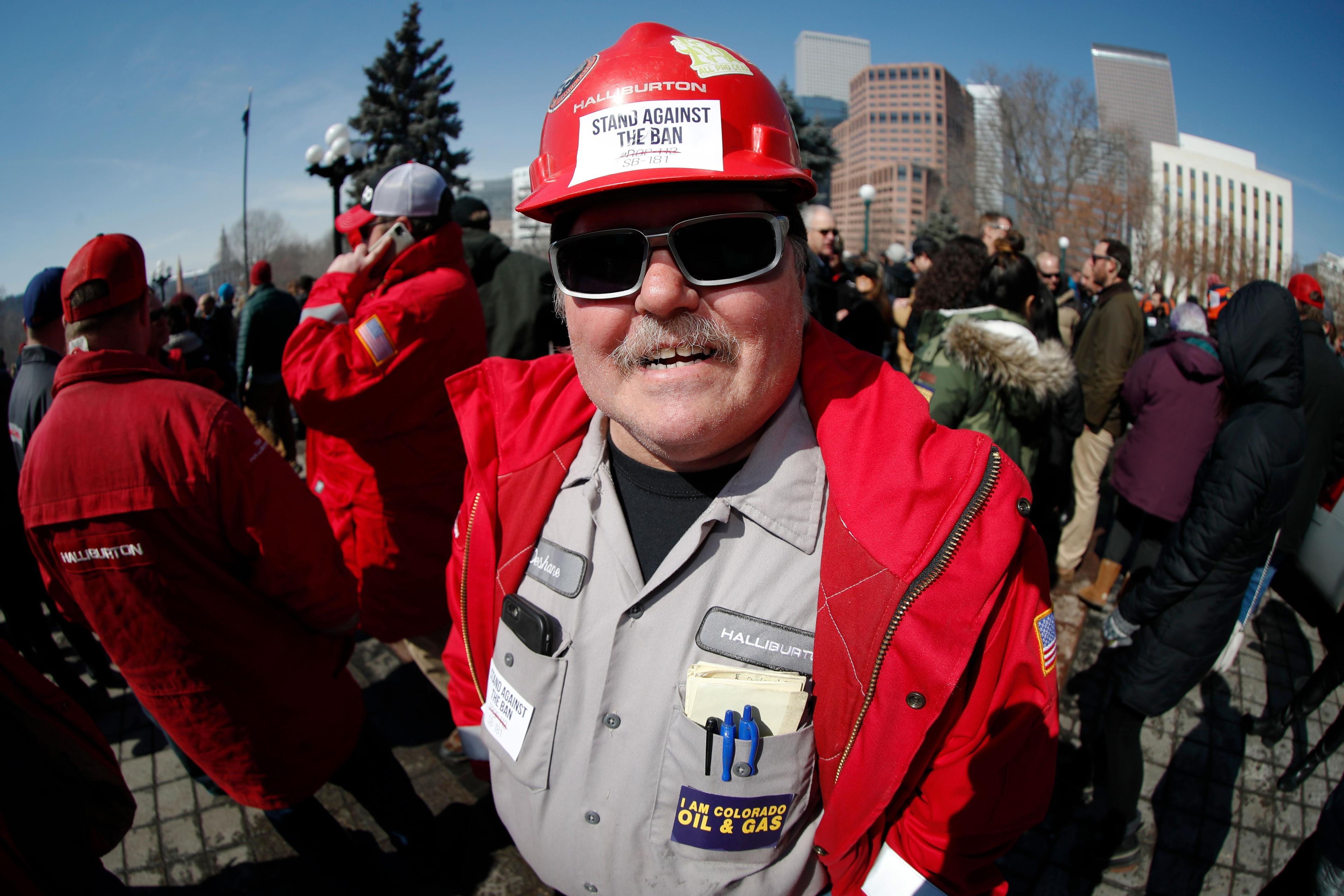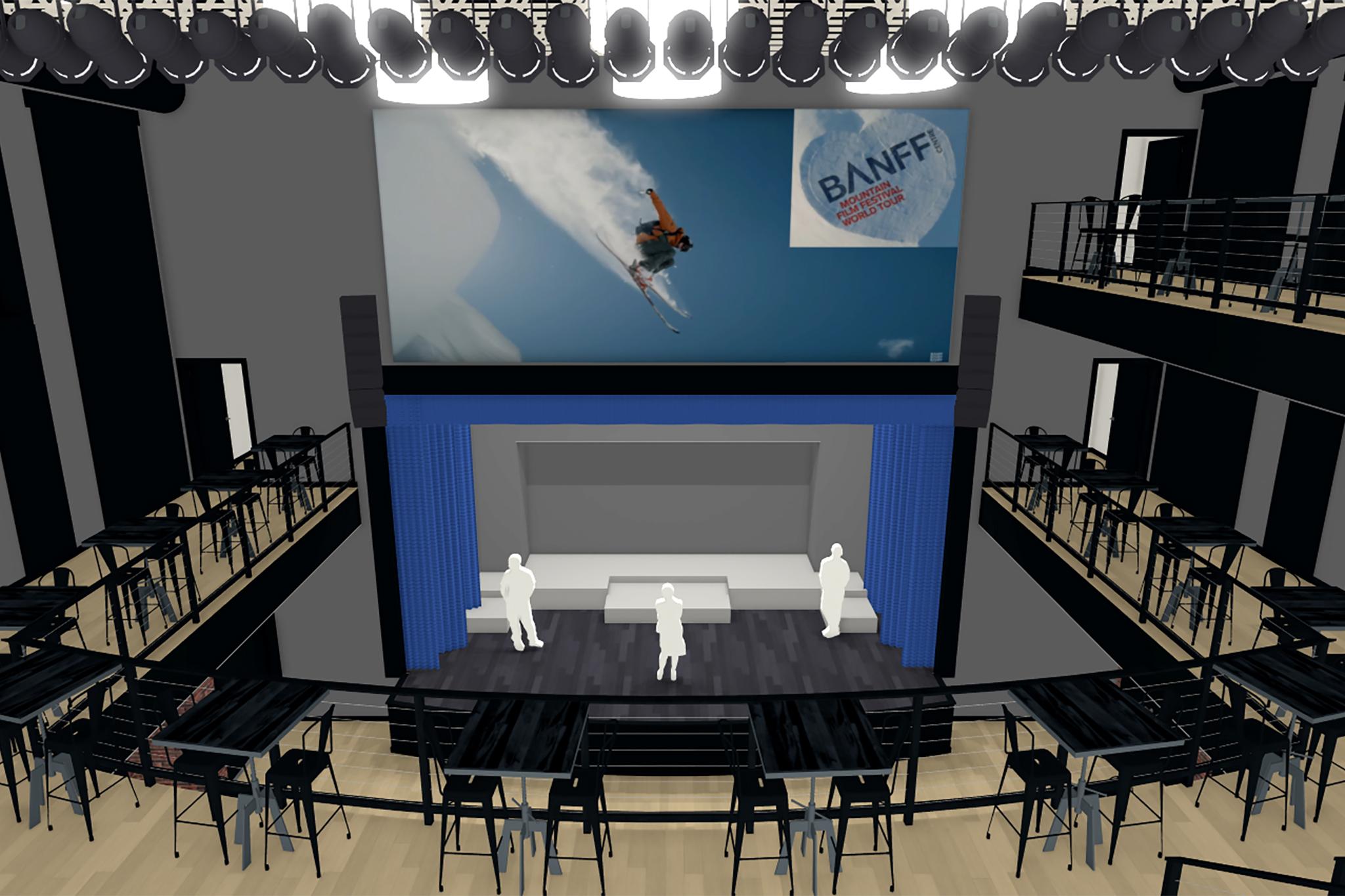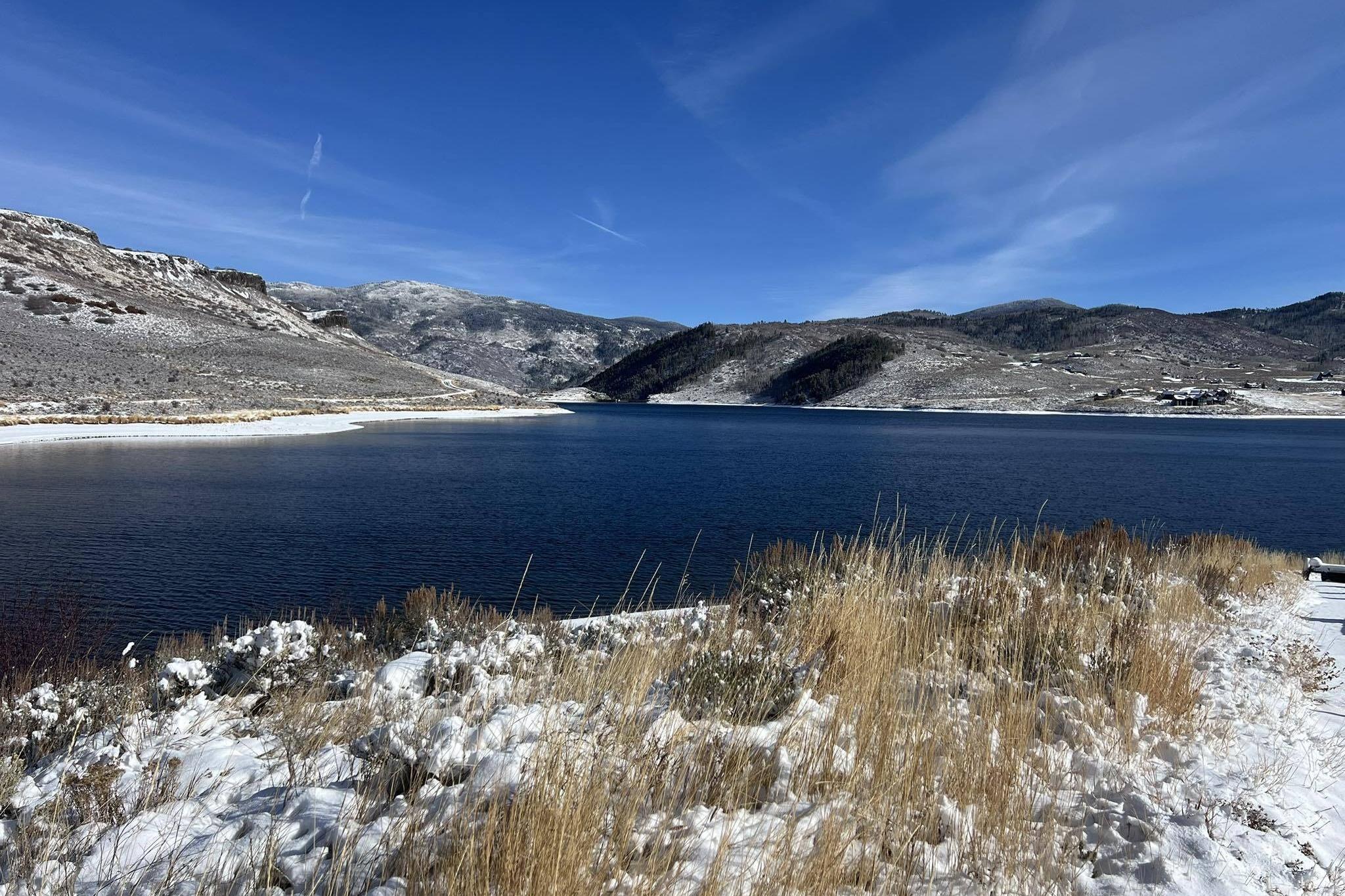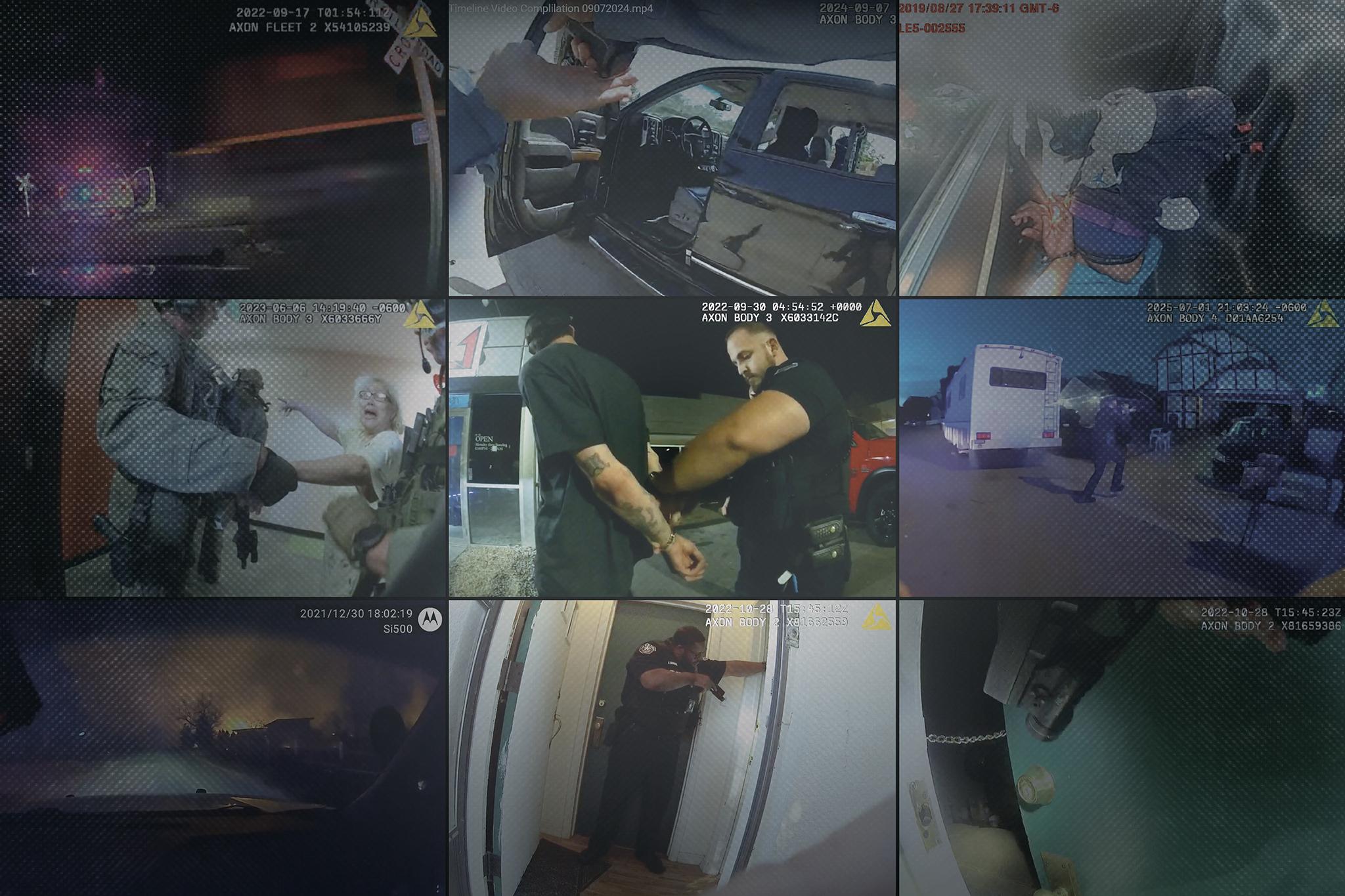

The Colorado Capitol was busy into the early hours of Wednesday morning, as hundreds of people came to weigh in on a sweeping overhaul of the state’s oil and gas regulations. The marathon 12-hour Senate hearing ended at 2:00 a.m. with the Democratic bill passing out of committee on a party-line vote.
SB19-181 would require state regulators prioritize health and safety in the decision to grant new drilling permits, and it would give local governments much greater say over development in within their boundaries.
The legislation would also cut industry representation on the nine-member Colorado Oil and Gas Conservation Commission from three seats to one. And it would make it harder for companies to pursue forced pooling — that’s the leasing of mineral rights over owners’ objections.
Until new rules to implement the bill are hammered out, the director of the Colorado Oil and Gas Conservation Commission would have the leeway to refuse to issue a permit if it required additional analysis on health and safety issues.
The 27-page bill was introduced last Friday. The fact that Democratic leaders scheduled its first hearing only one business day later has been the subject of intense criticism.
“It's a strategy to limit the debate,” said Aaron Davidson with Extraction Oil and Gas, one of hundreds of oil and gas supporters who rallied outside the capitol before the hearing began. “I think it was in the hopes that it would prevent something like this. But the people in our industry are proud of what we do, and we thought it was important to come out and let the representatives know what we felt.”
A better view of the crowd pic.twitter.com/BGi35kEhKE
The opposition rally was followed by a mustering of bill supporters inside the Capitol. The smaller crowd waved colored signs touting “Health and Safety First” as bill sponsors emphasized the goals of the legislation.
In the crowd was Christiaan van Woudenberg, a trustee for the town of Erie. He believes change are long overdue.
“Right now, as a municipality, we have no regulatory authority to say ‘no’ to these heavy industrial operation to operate literally 500 feet away from homes,” van Woudenberg said.
However, those concerns aren’t shared by all of the state’s local governments.
“We actually have had an excellent working relationship with our oil and gas industry in our county,” Weld County Commissioner Barbara Kirkmeyer told the committee. “We’ve developed a permitting process for oil and gas production facilities. It works in my county. We don’t want you to disrupt that.”
Kirkmeyer warned that SB19-181 could hurt businesses, and tax collections, in Weld, where most of the state’s oil is pumped.
Across Colorado nearly 30,000 people are directly employed by oil and gas companies and opponents of the bill warned it could jeopardize those jobs if companies shift their drilling to other states with fewer restrictions.
Approaching the 3 hour mark of #OilAndGas bill hearing #Copolitics. So far we’ve mostly heard from ppl representing interest groups pro and con. I’m looking forward to hearing more from residents and oil & gas workers that I’ve seen waiting to give their testimony.
On the other side, many Front Range residents and local officials told the committee the industry’s growth has come at a price. Oil and gas workers have died. A home explosion in Firestone killed two people and severely injured one.
“Colorado’s oil and gas regulatory system is broken. And it’s broken because state law requires development of oil and gas to come first before health and safety, or the environment,” said Neil Allaire of Broomfield.
Numerous members of the industry pushed back on that characterization though, arguing oil and gas development is already well regulated.
“I’m proud of the proactive approach my industry has taken to regulations and safe development and operations,” Destenie McMillan of Denver testified. “For anyone who has not actually visited a well site, or witnessed the exhausted efforts that go into the daily tasks of running a safe drilling operation, it is irresponsible to make decisions on these matters without factual scientific data and constructive conversations about safety.”
While industry representatives implored bill sponsors to slow down the bill’s march through the legislature to give them more time for input, that didn’t happen in this hearing. The committee approved a few clarifying amendments, but made no major changes. Sen. Steve Fenberg, the bill’s Democratic sponsor, admitted the bill isn’t perfect. However, he said it makes a key effort to put health and safety first when it comes to oil and gas.
“This is the first committee hearing of what will be six total. Plus I imagine a robust debate on the floor. I really do feel like it will improve every step of the way,” Fenberg told his colleagues shortly before the vote.
CPR's Sam Brasch contributed to this report.









